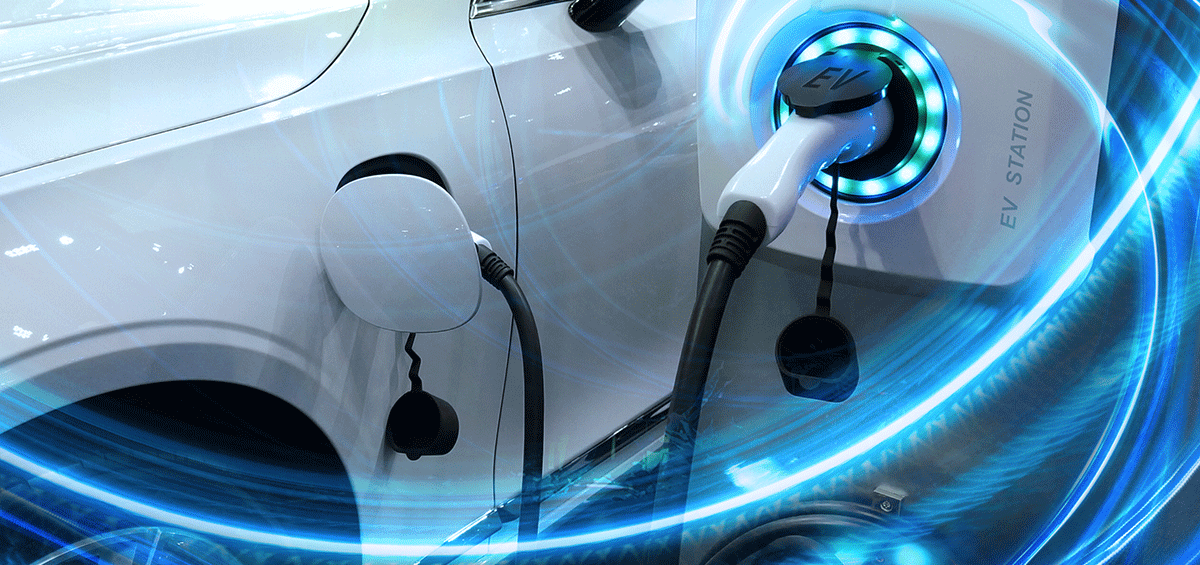Record-breaking fuel prices may have you thinking about buying an electric vehicle sooner rather than later. All electric vehicles (EVs) or plug-in electric vehicles (PEVs), as they’re also called, run on electric energy stored in a rechargeable battery rather than on fuel. Plug-in hybrid electric vehicles (PHEVs) that can run on either type of power are also popular. The market is evolving quickly: 126 additional hybrid and EV models were introduced between 2020 and 2021, and U.S. sales nearly doubled.1
Cost and Battery Range
Saving money at the pump and benefiting the environment will generally cost more upfront, in part because of high battery and production costs. Prices are likely to rise in the short term, too, as demand and raw material costs increase. However, maintenance costs may be lower because EVs have fewer moving parts. And the more you drive, the more your energy savings could add up.
Tax credits or incentives may help offset the cost of purchasing a new electric or hybrid vehicle. Starting in 2023, an updated tax credit of up to $7,500 will be available for the purchase of new clean vehicles, including some EVs and PHEVs. There is also a new tax credit of up to $4,000 for some pre-owned EVs purchased from a dealer.
Check on credit availability before you buy, because not all vehicles will qualify, and you may not be eligible to claim the tax credit (income limits apply). Tax credits and other incentives may also be offered at the state or local level. You can find more information about tax credits and incentives at fueleconomy.gov.
A special concern for EV shoppers is battery range. Fortunately, most EVs can easily handle daily driving, with typical driving ranges of 150 to 400 miles on a single charge.2 Vehicles can charge at home via a standard outlet, but you may opt to pay an electrician to install a high-powered charger to greatly increase charging speed (incentives or rebates may help offset the cost). You’ll also want to consider the availability of public charging stations; networks are expanding rapidly, but are still not found everywhere.
Get in Line
Like their gas-powered counterparts, EVs come in many makes and models, including cars, crossovers, sports utility vehicles, and trucks. To find your favorites, read reviews and test drive if possible. Once you’re serious about buying, one way to ensure you’re in line to purchase the model you want is to get on a manufacturer’s waiting list, though there may be a fee. Wait times will likely fall as more manufacturers ramp up production and new models are introduced. So if you decide not to buy an EV now or can’t find one in stock, you should have plenty of opportunity to buy one not too far down the road.
1-2) U.S. Department of Energy, 2022
Copyright 2006- Broadridge Investor Communication Solutions, Inc. All rights reserved.
Broadridge Investor Communication Solutions, Inc. does not provide investment, tax, or legal advice. The information presented here is not specific to any individual’s personal circumstances.
To the extent that this material concerns tax matters, it is not intended or written to be used, and cannot be used, by a taxpayer for the purpose of avoiding penalties that may be imposed by law. Each taxpayer should seek independent advice from a tax professional based on his or her individual circumstances.
These materials are provided for general information and educational purposes based upon publicly available information from sources believed to be reliable—we cannot assure the accuracy or completeness of these materials. The information in these materials may change at any time and without notice.
*Non-deposit investment products and services are offered through CUSO Financial Services, L.P. (“CFS”), a registered broker-dealer (Member FINRA / SIPC) and SEC Registered Investment Advisor. Products offered through CFS: are not NCUA/NCUSIF or otherwise federally insured, are not guarantees or obligations of the credit union, and may involve investment risk including possible loss of principal. Investment Representatives are registered through CFS. Coastal Federal Credit Union has contracted with CFS to make non-deposit investment products and services available to credit union members.
CFS representatives do not provide tax or legal guidance. For such guidance please consult with a qualified professional. Information shown is for general illustration purposes and does not predict or depict the performance of any investment or strategy. Past performance does not guarantee future results.
Trust Services are available through MEMBERS Trust Company. CFS* is not affiliated with Members Trust Company.






